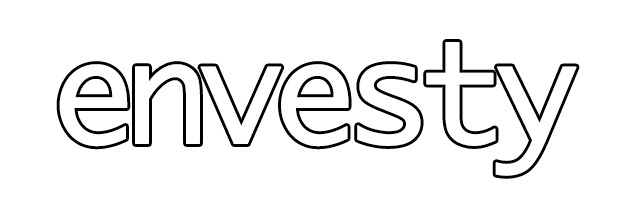How to Use a Cash-Out Refinance to Buy an Investment Property
A cash-out refinance is a powerful tool that allows homeowners to tap into the equity in their property and use the funds for various purposes, including purchasing an investment property. This strategy can help you grow your real estate portfolio without requiring a large cash reserve upfront. Here’s a step-by-step guide to using a cash-out refinance effectively for investment property purchases.
What is a Cash-Out Refinance?
A cash-out refinance involves replacing your current mortgage with a new one for a larger amount, allowing you to take out the difference in cash. This cash can then be used as a down payment or to purchase an investment property outright.
Key Features:
- Borrow up to 80% of your home’s appraised value (loan-to-value ratio varies by lender).
- Fixed or adjustable interest rates.
- Typically lower rates than personal or hard money loans.
Benefits of a Cash-Out Refinance for Investment Property
- Access to Capital: Provides immediate liquidity to fund property purchases or renovations.
- Lower Interest Rates: Mortgage rates are often lower than other financing options like personal loans or credit cards.
- Potential Tax Benefits: Mortgage interest may be deductible if the funds are used for investment purposes (consult a tax advisor).
- Opportunity to Scale: Enables leveraging existing equity to acquire additional properties, growing your portfolio faster.
Steps to Use a Cash-Out Refinance to Buy an Investment Property
Step 1: Assess Your Current Home Equity
- Calculate Equity: Subtract your current mortgage balance from your home’s appraised value.
- Example: If your home is worth $500,000 and your mortgage balance is $300,000, your equity is $200,000.
- Lender’s LTV Limit: Most lenders allow you to borrow up to 80% of your home’s value.
- Maximum loan amount = 80% of $500,000 = $400,000.
- Cash available = $400,000 - $300,000 = $100,000.
Step 2: Shop for Lenders
- Compare lenders for the best terms, including interest rates, closing costs, and fees.
- Work with a lender who understands your investment goals.
Step 3: Apply for a Cash-Out Refinance
- Gather necessary documents: income verification, credit history, home appraisal, and details of your current mortgage.
- Ensure your credit score and debt-to-income (DTI) ratio meet lender requirements.
- Close on the refinance and access your funds.
Step 4: Use the Funds Strategically
- Down Payment for a New Property
- Use the cash to meet the down payment requirements for a conventional investment property loan.
- Combine with financing to reduce upfront costs.
- Purchase Property Outright
- If the cash is sufficient, buy a smaller property without taking on additional debt.
- Renovate an Existing Property
- Improve the value of a current or newly acquired investment property to increase rental income or resale value.
Step 5: Calculate ROI and Cash Flow
- Analyze Property ROI: Ensure the investment property generates a return higher than the cost of your refinanced mortgage.
- Example: If your new mortgage rate is 5% but the rental property generates an 8% ROI, the strategy is profitable.
- Factor in New Mortgage Payments: Consider how the increased mortgage payments affect your cash flow.
Risks and Considerations
- Increased Mortgage Payment
- Your monthly mortgage payment will likely increase with a higher loan balance.
- Market Volatility
- If the property market declines, your equity could decrease, impacting future refinancing or selling plans.
- Rental Income Dependency
- If you rely on rental income to cover the new mortgage, vacancies or tenant issues could cause financial strain.
- Costs of Refinancing
- Closing costs, appraisal fees, and other expenses can reduce your available cash.
Alternatives to Cash-Out Refinancing
- HELOC: A home equity line of credit offers flexible, revolving credit without refinancing your existing mortgage.
- Bridge Loans: Short-term loans to finance property purchases while waiting for another property to sell.
- Partner Investments: Pool resources with other investors to reduce reliance on refinancing.
Tips for Success
- Shop Around: Compare multiple lenders to secure the best terms.
- Have a Clear Plan: Define how you’ll use the funds and your expected ROI before refinancing.
- Budget for New Costs: Include higher mortgage payments, property taxes, and investment property expenses in your financial plan.
- Focus on Cash Flow: Prioritize properties that generate positive cash flow after all expenses.
A cash-out refinance can be a smart way to fund investment property purchases, leveraging the equity in your home to grow your real estate portfolio. By carefully evaluating the risks and potential returns, you can use this strategy to achieve long-term financial success.
Quick Equity Calculator








